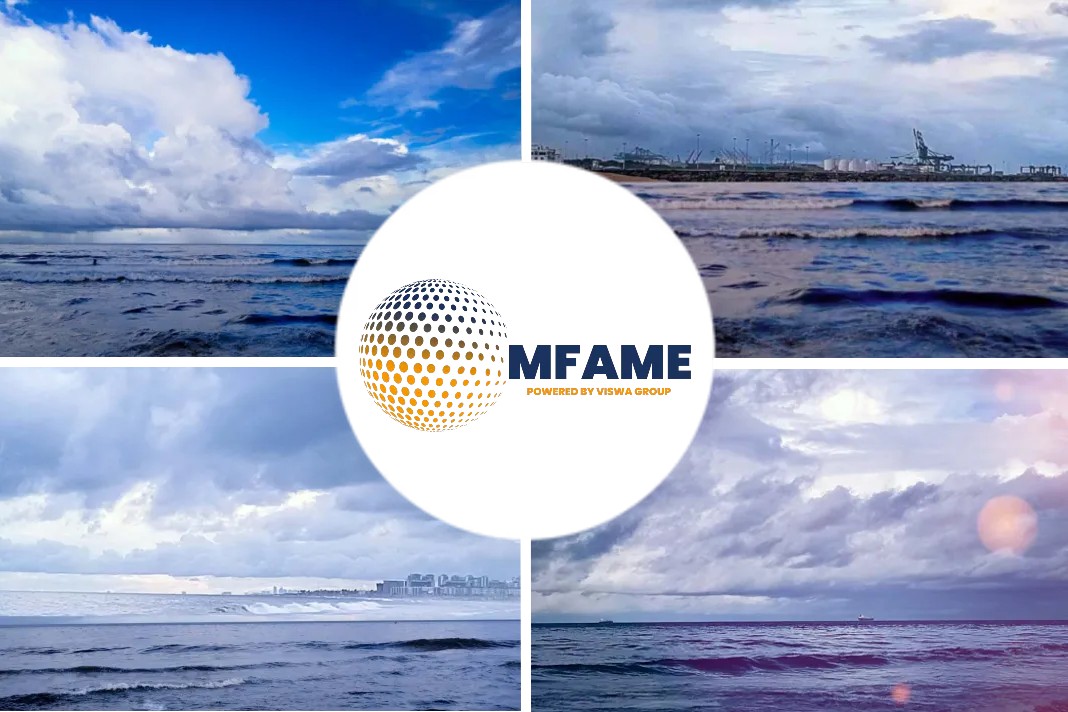- Putin, Abu Dhabi Crown Prince hold talks on market stability
- Call comes a day ahead of critical OPEC+ meeting
- Talks happen as more buyers shun Russian crude
A recent news article published in the Platts states that Putin and Abu Dhabi Crown Prince hold talks on OPEC+ strategy.
Putin talks with Abu Dhabi’s Crown Prince
Russia’s President Vladimir Putin held talks March 1 with Abu Dhabi’s Crown Prince Mohammed bin Zayed to discuss OPEC+ strategy a day ahead of the oil cartel meeting to decide output quotas as crude trades above $100/b against the backdrop of the Ukraine conflict.
“The progress in implementing the OPEC+ agreement was discussed. The intention to continue coordination between the two countries in the interests of maintaining stability in the global energy market was emphasized,” the Kremlin said in an official statement following the call.
Their call comes as international pressure grows on Russia to end its invasion of Ukraine. OPEC kingpins Saudi Arabia and the UAE have avoided criticizing Russia’s actions as the US along with its allies have hit the Kremlin with far reaching financial sanctions.
OPEC+ strategy
OPEC+ is thought to be sticking with its strategy of adding 400,000 b/d of incremental output to supply despite growing concerns among consumer nations over high prices.
Crude futures were again up sharply, with May ICE Brent trading at $101.69/b at 1100 GMT, up $3.73/b from the previous settlement. ICE Brent had previously reached an intraday high of $102.32/b in Asian morning trading. April Nymex WTI was at $99.03/b, up $3.46/b, at the same time.
Restrictions on Russia
Meanwhile, some NATO countries have called for restrictions on Russia energy as part of a wide ranging security response. UK Foreign Secretary Elizabeth Truss on Feb. 27 called for G7 nations to discuss limits on imports of Russian oil and gas to boost energy security and a broad range of measures to force the Kremlin to back down.
Canada announced late Feb. 28 a ban on the import of Russian oil, making it the first G7 nation to impose an embargo.
Looking for alternatives
Buyers of Russian crude on international markets are already looking for alternatives. Finnish refiner Neste said Feb. 28 that due to the “current situation and the uncertainty in the market, Neste has mostly replaced Russian crude oil with other crudes,” adding that it was closely monitoring “the development of sanctions and possible counter-sanctions” and preparing “various options in procurement, production and logistics.”
Sweden’s Preem said it had ceased imports of Russian crude, although it noted that Urals only accounted for 7% of its crude oil purchases.
“It [sanctions] will likely make many buyers more hesitant to purchase Russian oil,” said Rick Joswick, head of Global Oil Analytics at S&P Global Commodities Insights. “That will tend to drive down the price of Russian crude oil even more until it ultimately clears outside of its traditional markets in Europe,” Joswick said, noting that Urals were already at record discounts to North Sea grades in prior days.
Did you subscribe to our daily Newsletter?
It’s Free! Click here to Subscribe
Source: Platts



















